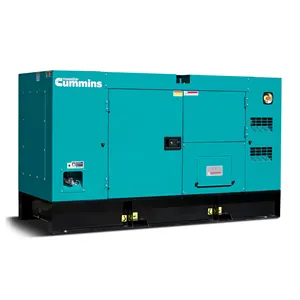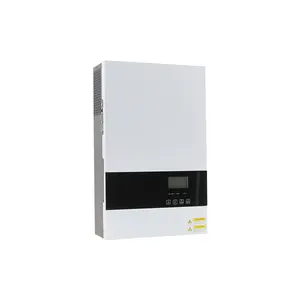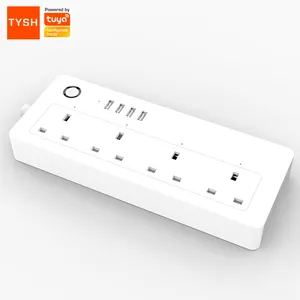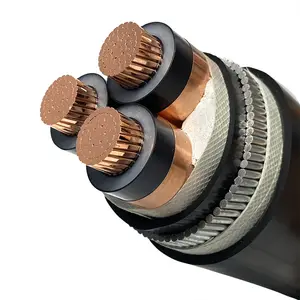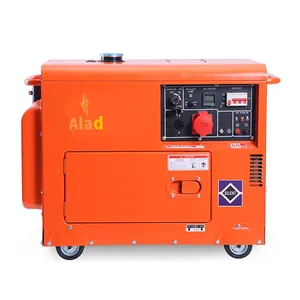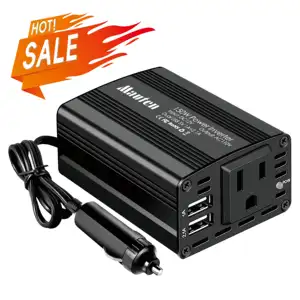Popular in your industry






















































Related Searches:


































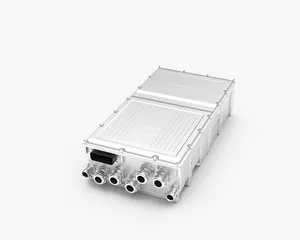






























































































Top categories
About electric vehicle inverter
The Role of Electric Vehicle Power Inverters
At the heart of electric mobility lies the Electric Vehicle Power Inverter, a pivotal device that facilitates the flow of energy from the battery to the electric drive system. This electronic apparatus is tasked with transforming the battery's direct current (DC) into alternating current (AC), which is indispensable for the operation of electric motors, as they predominantly run on AC for optimal efficiency.
Power inverters cater to a diverse clientele, ranging from eco-conscious individuals to enterprises and local governments seeking to diminish their environmental impact and operational expenditures. With the burgeoning demand for electric vehicles (EVs), the importance of advanced and efficient power inverters has never been greater to ensure their practicality for daily use.
The workings of an Electric Vehicle Power Inverter are elegantly simple. It draws power from the vehicle's high-voltage DC battery array, which is typically an assembly of cells in series. The inverter then adeptly converts this power into AC, either to directly energize the electric motor or to recharge an auxiliary battery that powers the motor. Inverters must be engineered to manage peak power requirements while upholding efficiency and dependability.
Varieties of Electric Vehicle Power Inverters
The market presents a spectrum of electric vehicle power inverters, each designed to fulfill specific requirements and applications. Below is a synopsis of prevalent types:
-
Pure Sine Wave Inverter: Renowned for delivering a smooth and stable AC waveform akin to that of conventional power grids, this inverter is the go-to choice for sensitive electronics and is frequently employed in residential solar installations and electric vehicles.
-
Dual Inverter: This system harnesses power from dual sources, such as a battery and the grid, to propel the vehicle's motor. Its efficiency is augmented by regenerative braking systems that recapture energy, thus extending the vehicle's driving range.
-
Multiple and Triple Inverters: Suited for intricate three-phase power demands, these inverters are typically utilized in commercial or industrial settings where substantial power is essential.
-
Vehicle to Home Appliance Inverter: Tailored to power household appliances using an electric vehicle's battery, this inverter type underscores the versatility of electric vehicles, serving not only as a means of transportation but also as a provisional power source for homes or small enterprises.
Selecting the Right Electric Vehicle Power Inverter
Choosing the appropriate electric vehicle power inverter necessitates a thorough assessment of various factors pertinent to its intended application. For business use, it is imperative to align the inverter's capabilities with the specific demands of the fleet or operational context:
-
Output Type: Businesses must discern their operational requirements, whether they entail pure sine wave, modified sine wave, dual, or multiple output types, and select an inverter accordingly.
-
Customized Support: For bespoke configurations or software modifications, it is vital to opt for an inverter from a provider that offers OEM support or customization services.
-
Application Considerations: The intended application, whether for powering home appliances, solar systems, or industrial machinery, will dictate the inverter choice. Certain applications may necessitate unique features like rapid charging or advanced network controls.
-
Network Compatibility: Ensuring that the selected inverter is congruent with the vehicle's electrical architecture, in terms of voltage levels and connectivity, is crucial.
Electric Vehicle Power Inverters on Alibaba.com
Alibaba.com boasts a comprehensive array of electric vehicle power inverters, suitable for myriad industrial applications. As a leading online marketplace that has been bridging businesses with suppliers globally since 1999, Alibaba.com offers a streamlined platform for procuring these vital EV components. The selection spans from pure sine wave to multiple output types, with network compatibility options such as NFC or SDK support, enabling businesses to pinpoint the ideal inverter for their specific requirements.
The platform's dedication to promoting international commerce is manifest in services like Trade Assurance, which safeguards payments until delivery confirmation, thus providing assurance when acquiring essential components like power inverters. Alibaba.com's extensive network of suppliers also allows businesses to evaluate diverse offerings to ensure alignment with their quality and customization needs.
For entities aiming to tap into the expanding electric vehicle market, Alibaba.com emerges as a dependable resource, offering not just products but also potential OEM partnerships for tailored solutions. With its user-friendly interface and multilingual support, Alibaba.com simplifies the procurement process for global businesses, aiding them in maintaining a competitive edge in this dynamic sector.
Frequently Asked Questions About Electric Vehicle Power Inverters
What is an electric vehicle power inverter and what is its function?
An electric vehicle power inverter is a device that converts the DC from an electric vehicle's battery into AC, which is then utilized to operate the vehicle's electric motor and other electrical systems.
Why is selecting the right inverter critical for electric vehicles?
The inverter plays a vital role in regulating the power flow from the battery to the motor, thereby directly influencing the vehicle's performance and efficiency. An inverter that is both high-quality and correctly sized is fundamental to the EV's functionality.
What are the main types of electric vehicle power inverters available?
Electric vehicle power inverters are primarily categorized into single-phase and three-phase types. Single-phase inverters are commonly used for residential or small business purposes, while three-phase inverters are designed for larger-scale commercial or industrial uses.
How can I determine the appropriate inverter size for my electric vehicle?
The correct inverter size for an electric vehicle hinges on the power demands of the vehicle's motor and any additional electrical systems reliant on the inverter. Expert advice from a seasoned supplier can assist in making the right choice.
Are there inverters designed for off-grid electric vehicle applications?
Indeed, there are off-grid inverters specifically engineered for electric vehicles, capable of managing the full load of an EV's motor and auxiliary systems independently from the battery.
Is it possible to customize electric vehicle power inverters for particular applications?
Many suppliers provide customization services such as software reengineering or OEM support to adapt electric vehicle power inverters to specific applications or environmental conditions.
What efficiency aspects should be considered when selecting an electric vehicle power inverter?
Opt for inverters with superior efficiency ratings to ensure the battery's energy is utilized effectively. High-caliber inverters are designed to minimize power loss during conversion, thereby conserving energy and cutting operational costs.
How does portability influence the choice of an electric vehicle power inverter?
If frequent relocation of the inverter is anticipated, portability becomes a key consideration. Inverters that are both lightweight and compact are preferable, as they do not significantly increase the vehicle's weight.
What type of warranty is typically offered with electric vehicle power inverters?
Warranty conditions vary among suppliers but generally cover defects in materials and craftsmanship comprehensively. It is advisable to review the supplier's warranty terms prior to purchasing an inverter for your business needs.
Can electric vehicle power inverters be integrated with solar or wind energy systems?
A number of electric vehicle power inverters are compatible with renewable energy sources such as solar panels or wind turbines. Confirming compatibility with these systems and their capacity to handle the anticipated power load is essential.
What impact does temperature have on electric vehicle power inverters?
Temperature can have a significant impact on the efficiency and functioning of electric vehicle power inverters. They typically operate within a temperature range of -20°C to 50°C, and some models include cooling systems to maintain consistent performance under varying conditions.
